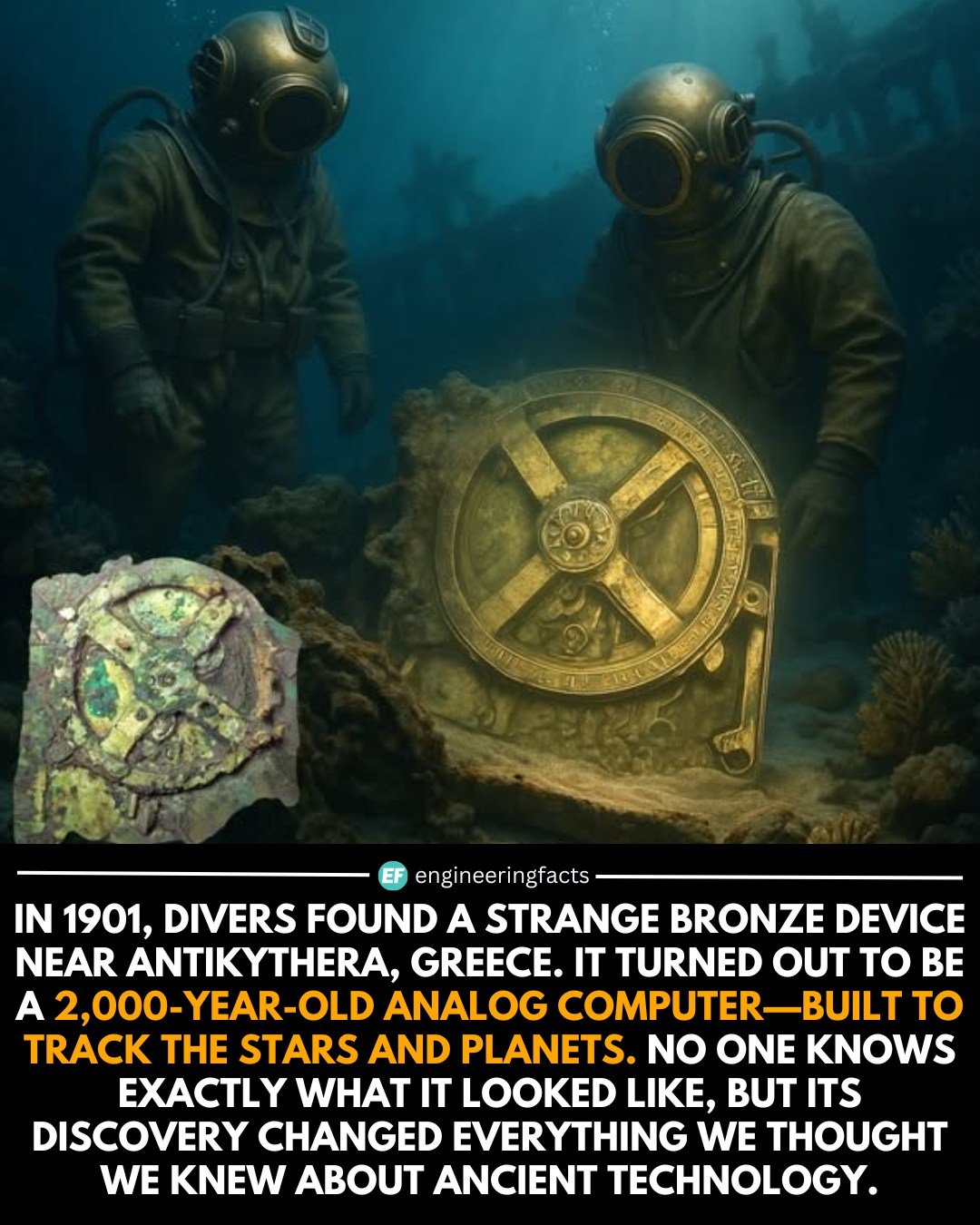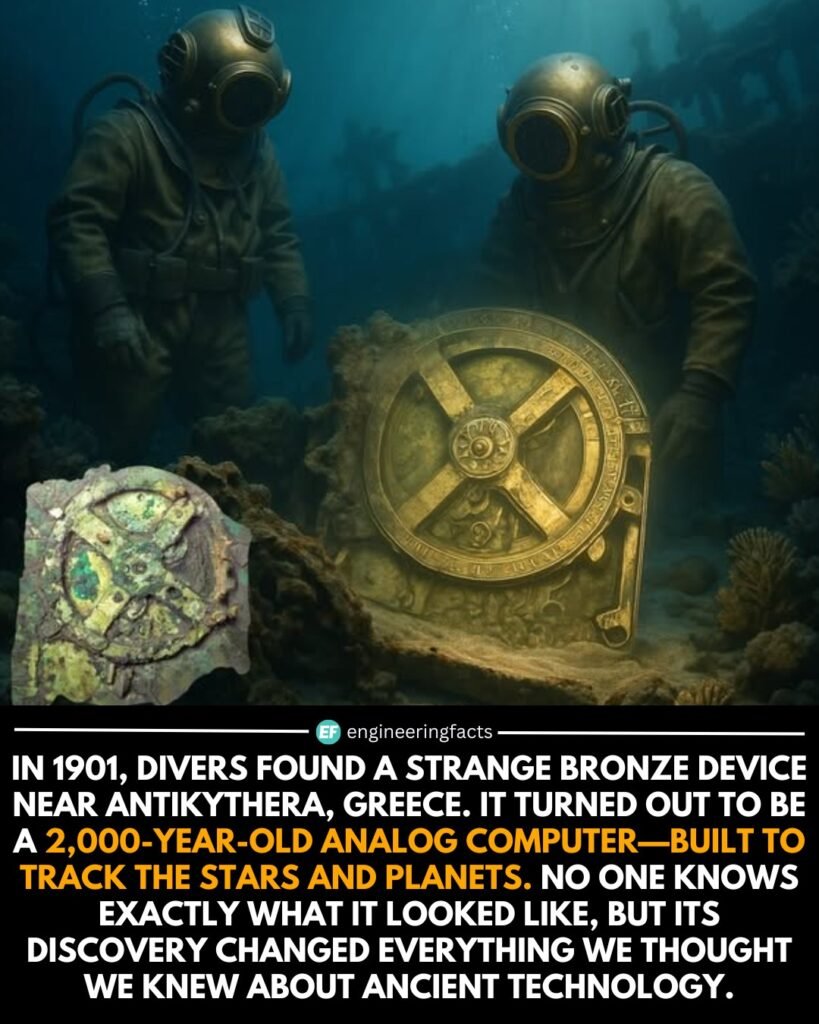[ad_1]
While searching a sunken Roman shipwreck off the coast of Antikythera in 1901, sponge divers stumbled upon something that defied explanation—a corroded hunk of bronze gears later known as the Antikythera Mechanism. Researchers eventually realized it was a 2,000-year-old analog computer designed by ancient Greeks to predict celestial movements, eclipses, and possibly even Olympic dates. This astonishing find revealed that ancient civilizations possessed far more technological sophistication than previously believed.
The mechanism’s intricate gearwork, with teeth carved by hand, mimics the mechanics of a modern clock—yet it predates such inventions by more than a millennium. Scholars still debate its full capabilities, as much of it remains damaged or lost. But one thing is certain: this relic shattered the narrative that advanced engineering began only in the modern age. It remains one of the most mysterious and awe-inspiring artifacts ever discovered.
,AncientTechnology ,AntikytheraMechanism ,HistoryRewritten
Stay Connected with NewsRT:
For the latest headlines and urgent updates, visit our Breaking News section. If you want to stay informed about global affairs, our World News page brings you top stories from around the world.
For entertainment lovers, check out our Entertainment category to catch up on celebrity news, movies, and trending shows. Sports fans can follow live scores and in-depth match reports in our dedicated Sports section.
Stay on top of your health with expert insights and wellness tips on our Health page. For the latest financial updates, market trends, and stock analyses, visit our Stock Market section.
Don’t forget to explore our homepage for more top stories, exclusive reports, and real-time news updates curated for you.
